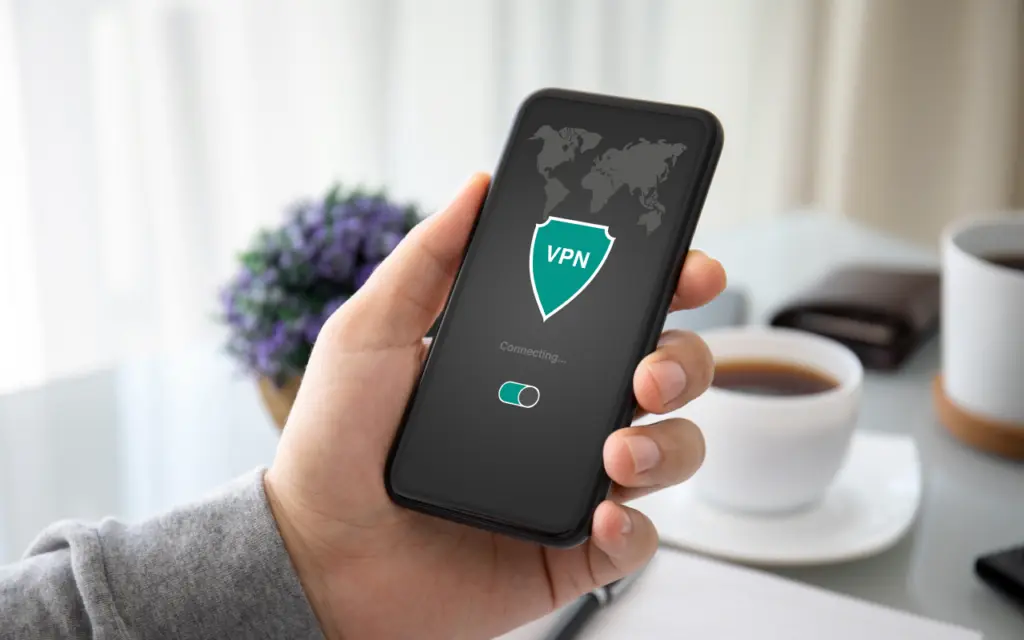VPN Use in 2021 – How Secure is my VPN?
In the first half of 2018, there were 150 million attacks on mobile devices (VPN Geeks).
A shift to remote working and the use of more personal devices for work undoubtedly has elevated that number, the consequences of which led to often unknown and unsecured vulnerabilities to corporate networks. It’s thought that 92% of public WiFi users on mobile devices ignore security warnings from their phones (VPN Mentor).

At least 26% of internet users have used a VPN at least once (Data Prot), however it’s interesting to note that the countries with the lowest VPN usage figures are Germany (6%), The UK (5%) and the USA (also at 5%) (Geosurf).
In this day and age, the majority of companies have in place some sort of VPN system or protocol for their day-to-day operations – but are they truly getting the security out of their solution?
A survey of IT professionals found that 93% experience challenges with data privacy (Compari Tech). The most recent Zscaler 2021 VPN Risk Report found employees take precedence when it comes to access to business applications – with 80% of IT professionals saying their secure connectivity was the most important.
What is a VPN?
Simply put, a VPN (Virtual Private Network) is a tunnel. Typically, a VPN is used to redirect the traffic of its user through a remote server. In other circumstances, a VPN can also be used as a networking tool, allowing a private network to directly bypass public connection routes.
How is a VPN used in the modern day?
Many of the VPNs we’re aware of today are marketed on a subscription basis. From a consumer standpoint, VPNs can be useful in making the most of online video subscriptions, for example, allowing the user access to different titles leveraging the availability of the content in different countries. It can also be used to increase online privacy when browsing, or bypass censorship.
In business, it’s used primarily for the purposes of data security and privacy. The VPN has the capability to hide the users IP address, allowing the user to mask online activity through data encryption. For companies with workers that are based remotely or travel for work, a VPN will allow them to browse and connect securely with company network resources whilst using public WiFi or visiting unsecure websites, removing the risk of outsider imposition or collection of data from unwarranted third parties.
How secure is a VPN?
A VPN is as secure as you want/need it to be. The topmost echelon of VPN encryption is AES-256 (Advanced Encryption Standard) and utilises 256-bit integers to process any data. It’s considered military-grade, due to the length of its encryption key; in short, the longer the crypto key, the more potential combinations there are, making it virtually impossible for cybercriminals to hack into.
When am I not protected using a VPN?
VPNs can be rendered useless by the browser-tracking technologies installed on many websites. These include many of the social media giants, like Facebook, and, of course, Google. In this event, a good VPN will have a ‘kill switch’ that ends the website session once it’s detected the connection has been compromised.
Of course, VPN protection can all go terribly wrong if good cyber hygiene isn’t regularly applied. It’s crucial for administrators to stay on the front foot in patching critical vulnerabilities – or have a trusted host that manages their secure connectivity.
Why do I need a VPN I can trust?
Present day VPN solutions are widely offered for free on app stores and as extensions for browsers, however their dangers lie in the companies that developed and host them. For example, there are many free VPN options on the Google Play store that are by Chinese companies, meaning that any sensitive information you send through that VPN tunnel could be routed to the Chinese government.
In many cases, even paid for, seemingly ‘good’ VPN options have been found to be logging information and data, which is a key concern for data security in the event the company is unaware of what logs their VPN solution may be keeping.
Serbus are industry leaders in securing the remote workers. NCSC approved and qualified at Official Sensitive level, we provide advanced security solutions to meet and exceed the requirements of our clients.
To find out more how we can assist in securing your communications, contact us today on [email protected], or call +44 (0)1432 870 879.